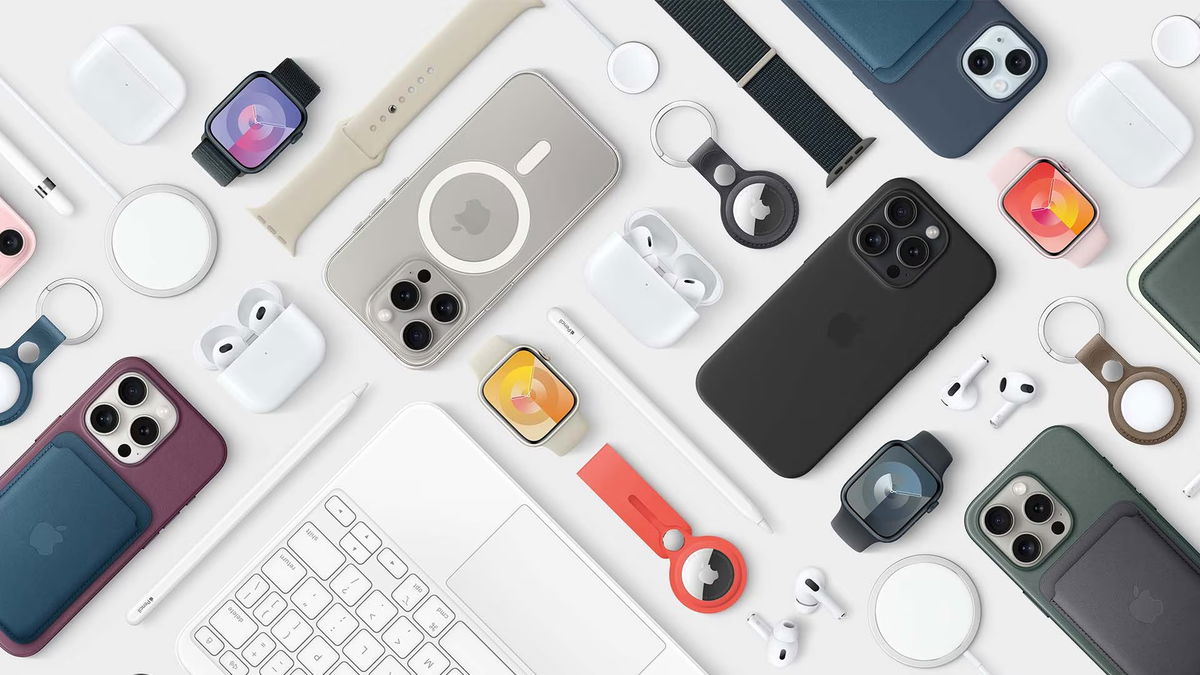The role that social media V body image perception its users have been studied a lot in recent years. Young people are the ones who suffer the most, and until recently the social network that seemed to have the most influence in this regard was Instagram. However, TikTok It has overtaken what was previously known as the Right Pose Network. The short videos on this social network are full of people sharing their experiences with healthy eating and exercise. But what is sold as healthy is not always healthy, because we should not only pay attention to physical health. Mental health is also very important.
Fitness and lifestyle accounts They create, consciously or unconsciously, a sense of guilt and a body image that may be unattainable for many people. It has been established that there are certain canons, not of beauty, but of health, that are adequate and can be achieved with effort. If you do not have a sculpted body, it is because you are not trying hard enough.
All of this is the perfect breeding ground for depression, anxiety, and, of course, eating disorders. And the scariest thing is that just 8 minutes of TikTok is enough to fall into all of these problems. At least, that’s the conclusion of a study recently published by scientists from Charles Sturt Universityfrom Australia.
TikTok’s Role in Body Image
Both TikTok and other social media platforms contain videos of what is known as “pro-ana”that deliberately gives advice that reinforces eating disorders. Purging techniques, strenuous exercise, or even unpleasant food images to stop the desire to eat are some of the methods commonly used.
This type of publication they are very persecuted and are usually removed immediately upon discovery. However, there are other seemingly innocuous posts that also play a very important role in changing ideas about body image. influential people are approaching They base all their content on a healthy lifestyle based on exercise, a strict diet, and methods of compensating for those “sins” in the form of a cupcake or a hamburger that are committed from time to time. They are largely based on motivational and inspiring phrases: “If you want it, you can have it,” and at the same time They create a strong sense of guilt.
A person who follows many accounts of this type can face serious psychological problems, as they internalize a body image that is very far from their own as normal and necessary. But in reality, even someone who watches these videos for only a short period of time can fall into the trap.
Only 8 minutes
The study involved 273 TikTok users aged between from 18 to 28 years oldYoung women, in short.
It was found that none of them had a history of eating disorders, so this could not have affected the results. They were then divided into two groups. The first group saw 7-8 minutes a series of TikTok videos catalogued as content “fitspitarion” or “proanorexia”. Essentially, all of these videos featured strict diet and exercise. Instead, the other half watched 7-8 minutes of TikTok videos with neutral content.
Interestingly, women in both groups admitted in body image surveys that they self-perception After watching the video, it got even worse. Even with neutral content. But, logically, those who were in the first group suffered the most.

On the other hand, when they were asked about their social media consumption habits, it was noticed that those who spent more than 2 hours on TikTok They had worse perceptions of their body image as a baseline. It is important to note that in this case the differences were not significant. But the impact of 8 minutes of content matters, so it is worth considering the results of the other part of the study.
Psychologists who conducted the study note that these women experienced internalization of beauty standards. This, as explained in the article for Talkmeans that they have come to perceive external standards of beauty as if they were a norm to be achieved.
What does all this mean?
Unfortunately, this study found complex problem. It is relatively easy to identify pro-ana videos. However, fitness-inspired TikTok videos also have negative consequences for body image and are not so obviously dangerous. Where is the limit? Should they be censored? This is a difficult question. So instead of censoring, it would be important to educate users about the problems this type of mental health content can cause. This way, they will be the ones to censor what can be dangerous for their self-esteem. It is important to work on this, because the consequences can be worse than we think. Only 8 minutes.
Source: Hiper Textual













